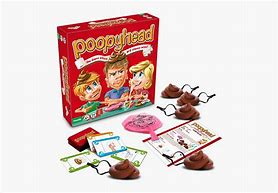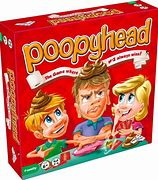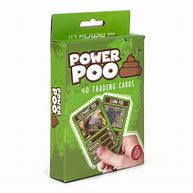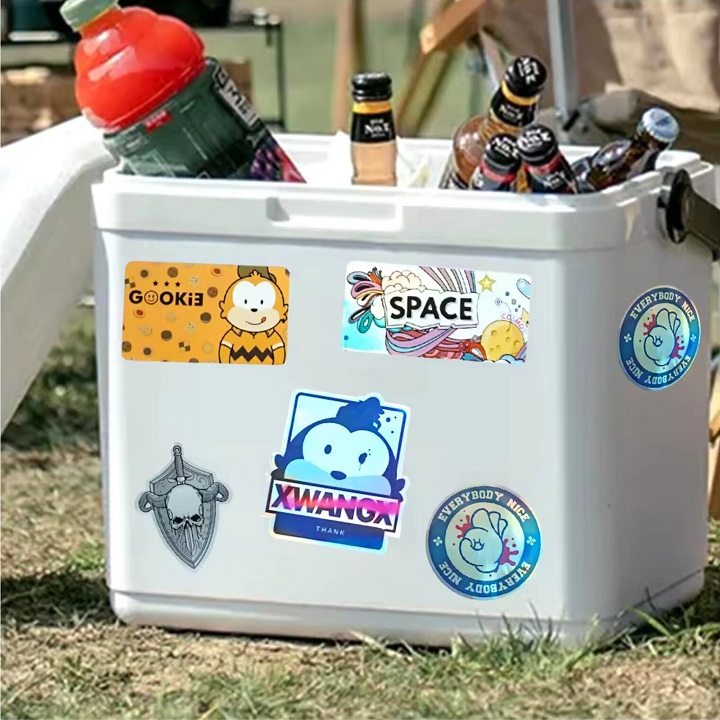Content Menu
● Introduction
● Setting Up the Game
>> Players and Cards
>> Card Rankings
>> Dealing the Cards
● Basic Gameplay
>> Starting the Game
>> Playing Cards
>> Special Cards
>> Picking Up the Pile
● Advanced Gameplay
>> Playing from the Table
>> Blind Play
>> Winning and Losing
● Strategies for Success
>> Initial Setup
>> Card Management
>> Observing Opponents
>> Timing Your Plays
● Game Variations
>> Different Special Cards
>> Matching Suits
>> Multiple Decks
● Etiquette and Fair Play
>> Honesty in Blind Play
>> Pace of Play
>> Good Sportsmanship
● Teaching New Players
>> Start with Basics
>> Practice Rounds
>> Patience and Guidance
● Conclusion
● Frequently Asked Questions
>> 1. Can you play Poohead with more than five players?
>> 2. What happens if the draw pile runs out before anyone has won?
>> 3. Is it allowed to look at your face-down cards during the game?
>> 4. How do you determine who deals first?
>> 5. Are there any official tournaments or leagues for Poohead?
Introduction
Poohead, also known as Shithead or Palace, is a fun and engaging card game that's perfect for social gatherings, family game nights, or even as a way to decide who buys the next round at the pub. This game combines elements of luck and strategy, making it accessible to players of all ages and skill levels. In this comprehensive guide, we'll explore the rules, strategies, and variations of Poohead, ensuring you're well-equipped to enjoy this entertaining card game.

Setting Up the Game
Players and Cards
Poohead can be played with 2 to 5 players, though it's most enjoyable with 3 or 4 participants. The game uses a standard 52-card deck without jokers. For larger groups, you can combine two decks to accommodate more players.
Card Rankings
In Poohead, cards are ranked from highest to lowest as follows: 2, A, K, Q, J, 10, 9, 8, 7, 6, 5, 4, 3. Note that 2 is the highest card and can be played on anything, while 3 is the lowest.
Dealing the Cards
To begin, the dealer distributes the cards in the following manner:
1. Deal three face-down cards to each player in a row.
2. Deal three face-up cards on top of the face-down cards.
3. Deal three cards to each player's hand.
Basic Gameplay
Starting the Game
The player with the lowest card in their hand starts the game by playing that card face-up in the center of the table, forming the discard pile. Play then proceeds clockwise.
Playing Cards
On your turn, you must play a card or set of cards of equal or higher rank than the top card(s) on the discard pile. You can play multiple cards of the same rank in a single turn. After playing, draw from the deck to replenish your hand to three cards, if possible.
Special Cards
Certain cards have special powers that add excitement to the game:
- 2: Can be played on any card and resets the pile.
- 10: Clears the discard pile and allows you to play again.
- 7: Forces the next player to play a card lower than 7.
- 4 of a kind: When four cards of the same rank are played consecutively (by one or more players), the discard pile is cleared.
Picking Up the Pile
If you cannot play a card, you must pick up the entire discard pile and add it to your hand. The next player then starts a new pile with any card or set of cards they choose.

Advanced Gameplay
Playing from the Table
Once the draw pile is exhausted and you have no cards in your hand, you begin playing your face-up cards on the table. When these are gone, you must play your face-down cards blindly.
Blind Play
When playing face-down cards, flip one over onto the discard pile. If it's playable, your turn continues. If not, you must pick up the entire pile, and play passes to the next player.
Winning and Losing
The first player to get rid of all their cards (including face-down cards) is the winner. The last player with cards remaining is the "Poohead" and loses the game.
Strategies for Success
Initial Setup
When setting up your cards at the beginning of the game, strategically place your high-value cards face-down and lower-value cards face-up. This increases your chances of successfully playing your face-down cards later in the game.
Card Management
Try to keep a mix of high and low cards in your hand. This gives you more options and flexibility in your plays. Save your special cards (2s and 10s) for crucial moments when you need to reset the pile or take an extra turn.
Observing Opponents
Pay attention to the cards your opponents play and what they have face-up on the table. This information can help you make better decisions about which cards to play and when.
Timing Your Plays
Sometimes it's beneficial to pick up the pile voluntarily if it contains only a few low-value cards. This can give you more options for future plays and prevent you from being forced to pick up a larger pile later.
Game Variations
Different Special Cards
Some groups play with additional special cards, such as:
- 8: Skips the next player's turn.
- Jack: Reverses the direction of play.
- Ace: Can be played as the highest or lowest card.
Matching Suits
In some variations, players must match the suit of the previous card in addition to its rank, adding an extra layer of complexity to the game.
Multiple Decks
For larger groups or longer games, you can use multiple decks shuffled together. This changes the dynamics of the game by increasing the frequency of special cards and four-of-a-kind clears.
Etiquette and Fair Play
Honesty in Blind Play
When playing face-down cards, it's crucial to be honest about whether the card is playable or not. Cheating ruins the fun for everyone and goes against the spirit of the game.
Pace of Play
Try to maintain a steady pace of play to keep the game flowing. Avoid taking too long to make decisions, especially when playing in a social setting.
Good Sportsmanship
Remember that Poohead is meant to be a fun, social game. Be a good sport whether you win or lose, and avoid taking the "Poohead" title too seriously.
Teaching New Players
Start with Basics
When introducing new players to Poohead, start by explaining the basic mechanics and card rankings. You can introduce special cards and more complex rules as they become comfortable with the game.
Practice Rounds
Consider playing a few open-handed practice rounds to help new players understand the flow of the game and the strategic decisions involved.
Patience and Guidance
Be patient with new players and offer guidance on strategy without playing their turns for them. This helps them learn and enjoy the game more quickly.
Conclusion
Poohead is a versatile and entertaining card game that offers a perfect blend of luck and strategy. Its simple rules make it easy to learn, while the special cards and strategic elements keep it engaging for repeated play. Whether you're looking for a casual game with friends or a competitive family showdown, Poohead is an excellent choice that's sure to provide hours of fun.

Frequently Asked Questions
1. Can you play Poohead with more than five players?
Yes, you can play Poohead with more than five players by adding an additional deck of cards for every four players. This ensures there are enough cards for everyone to have a full hand and table layout.
2. What happens if the draw pile runs out before anyone has won?
When the draw pile is exhausted, players continue to play cards from their hand until they're gone, then move on to their face-up cards, and finally their face-down cards. The game continues until all but one player has played all their cards.
3. Is it allowed to look at your face-down cards during the game?
No, players are not allowed to look at their face-down cards at any point during the game until they are ready to play them. This element of uncertainty adds excitement to the endgame.
4. How do you determine who deals first?
The dealer for the first round can be chosen randomly or by mutual agreement. In subsequent rounds, the deal typically passes to the left, or the previous round's "Poohead" may be required to deal.
5. Are there any official tournaments or leagues for Poohead?
While Poohead is primarily a casual game, some local pubs or social clubs may organize informal tournaments. There are no widely recognized official leagues or tournaments for Poohead at a national or international level.
































